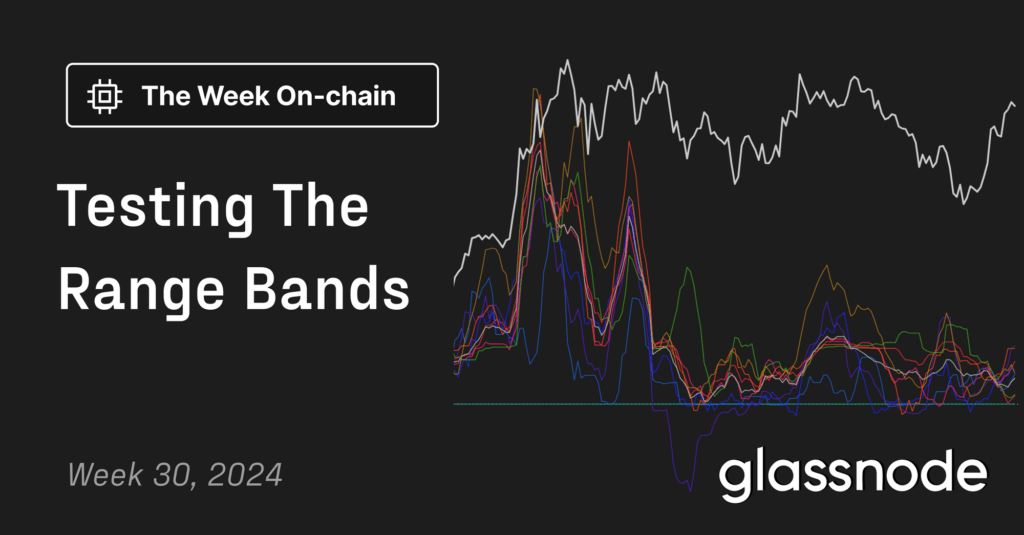Research Summary
The report covers regulatory news in Hong Kong and mainland China, focusing on virtual asset trading, DeFi, and cryptocurrency. It also discusses the crackdown on virtual asset crimes in Seoul, South Korea, and the surge in listings on Upbit. The report further highlights the collaboration between Nomura Securities, Laser Digital, and GMO to explore stablecoin issuance in Japan, the hacking of DMM Bitcoin Wallet, and the ban on cryptocurrency mining in Abu Dhabi. Lastly, it mentions the sale of FTX claims by New Huo Technology and the upheaval in Bybit management due to Notcoin deposit delay.
Key Takeaways
Hong Kong’s Regulatory Stance on Virtual Asset Trading
- Exclusion of Mainland Users: Hong Kong’s Securities and Futures Commission (SFC) has approved 11 applicants for virtual asset trading platform licenses, excluding major exchanges like Binance, OKX, HTX, Bybit, and Gate. The SFC required all applicants to sign a commitment excluding users from mainland China, leading to the withdrawal of these major exchanges.
- Future Reapplications: Industry insiders suggest that these entities may reapply in the future with updated legal frameworks or entities, but they will likely be unable to use their current offshore-style branding.
China’s Approach to Virtual Currency Regulation
- Need for Optimization: The East China University of Political Science and Law Journal published a paper suggesting that China’s “prohibition-based” regulation of virtual currency needs urgent optimization and adjustment as the market evolves and the international regulatory environment changes.
- Missed Opportunities: Yu Pinxian, Associate Professor at the Law School of Hebei University, argued that China’s complete ban on initial coin offerings (ICOs) is overly stringent, driving many excellent teams and quality projects overseas or to seek funding exclusively abroad.
South Korea’s Crackdown on Virtual Asset Crimes
- Efforts to Protect Public Welfare: The Virtual Asset Crime Joint Investigation Unit of the Seoul Southern District Prosecutors’ Office is making concerted efforts to crack down on virtual asset crimes that harm public welfare, such as virtual asset price manipulation, unreported virtual asset exchanges, and virtual asset deposit fraud.
- Upcoming Virtual Asset User Protection Act: The legislative provisions of the upcoming Virtual Asset User Protection Act, set to be implemented in July, are also under discussion. The new law will introduce more complex listing regulations and prohibit the listing of virtual assets with a history of hacking incidents.
Japan’s Exploration of Stablecoin Issuance
- Collaboration between Nomura Securities, Laser Digital, and GMO: These companies are collaborating to explore the issuance of stablecoins in Japan. They plan to explore the issuance, redemption, and circulation of stablecoins pegged to the Japanese yen and the U.S. dollar.
- Stablecoin-as-a-Service Products: They also intend to offer stablecoin-as-a-service products, which include regulatory compliance management, blockchain integration, and backend transaction management.
Abu Dhabi’s Ban on Cryptocurrency Mining
- Prohibition on Farm Use: Abu Dhabi’s Agriculture and Food Safety Authority has issued a notice prohibiting the use of farms for cryptocurrency mining. Violators could face fines of up to 10,000 dirhams (approximately $2,722).
- UAE’s Bitcoin Mining Capacity: Despite this regulation, the UAE remains a favorable region for Bitcoin mining, with data from 2023 indicating that its Bitcoin mining capacity accounts for approximately 4% of the global hash rate.
Actionable Insights
- Monitor Regulatory Developments: Stakeholders in the virtual asset and cryptocurrency markets should closely monitor regulatory developments in key markets such as Hong Kong, mainland China, South Korea, Japan, and the UAE. These developments could significantly impact market dynamics and business strategies.
- Assess Impact of Regulatory Requirements: Virtual asset trading platforms considering applying for licenses in Hong Kong should assess the impact of the SFC’s requirement to exclude users from mainland China. This could affect their user base and revenue streams.
- Explore Opportunities in Stablecoin Issuance: Financial institutions and fintech companies should explore opportunities in stablecoin issuance, as demonstrated by the collaboration between Nomura Securities, Laser Digital, and GMO in Japan. This could open up new revenue streams and enhance their competitive positioning.
- Implement Robust Security Measures: Cryptocurrency exchanges should implement robust security measures to prevent hacking incidents, as demonstrated by the hacking of DMM Bitcoin Wallet. This could help protect user funds and maintain trust in their platforms.
- Consider Potential for Cryptocurrency Mining: Despite the ban on using farms for cryptocurrency mining in Abu Dhabi, the UAE remains a favorable region for Bitcoin mining. Companies involved in Bitcoin mining should consider the potential opportunities in this region.











